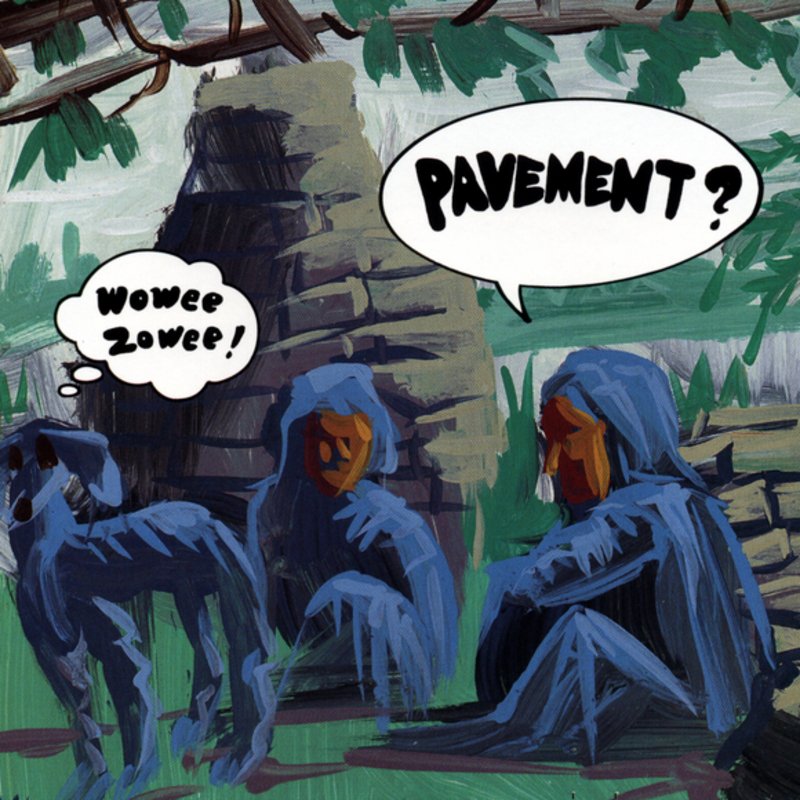Bryan Charles does not shy away from the mythology of Pavement as he breaches the band’s most divisive album, Wowee Zowee. In doing so, not only does he forego the collegiate boredom of past 33 1/3 stalwarts, but he plies the band and the reader alike with inert fandom. Tugging on 90s nostalgia and the emptiness of never hearing an album the same way as you did when you first heard it, Charles abandons any décor of trashy music journalism for a book that bends the fan-critic continuum into a seamless stream of consciousness. The result is as infused with the slacker tag as Pavement were during their heyday.
The brilliance of the 33 1/3 series — at least the successful books — is that it asks readers to revisit or rediscover a forgotten treasure. Despite Pavement’s recent reunion, a slew of monstrous reissues, and solo material that have kept the members in hearts and minds during their decade apart, there has been little in the way of understanding the mechanics of the band during its initial existence. Borrowing liberally from the Slow Century documentary, Charles infuses his entry into the 33 1/3 canon with personal stories of psychotic girlfriends, lint-filled pockets, and long drives in vans. It’s this intrapersonal connection that is at the heart of the book. Sprinkle in down-to-earth conversations with members of Pavement, as well as those who worked on the production and art of Wowee Zowee, and Charles has stumbled upon a successful formula for a series largely dominated by encyclopedia-like dictation.
At the core of every 33 1/3 book is the question of roping in readers who may be unfamiliar with the band or album, but Charles is able to resituate Pavement as the everyman band they were during the 90s payday. From tales of major label flirtations (which the band is quick to dismiss as nothing more than random dalliances with the powers-that-be) to the band’s reputation as slackers (which finds Stephen Malkmus tossing aside by pointing out the band’s relentless touring schedule), Charles covers much more than the time period of Wowee Zowee without abandoning the album’s specific importance in their catalog. Part history lesson, part fanzine love letter, Bryan Charles has written a book that is as ambitious and yet as untethered as his subject matter.
